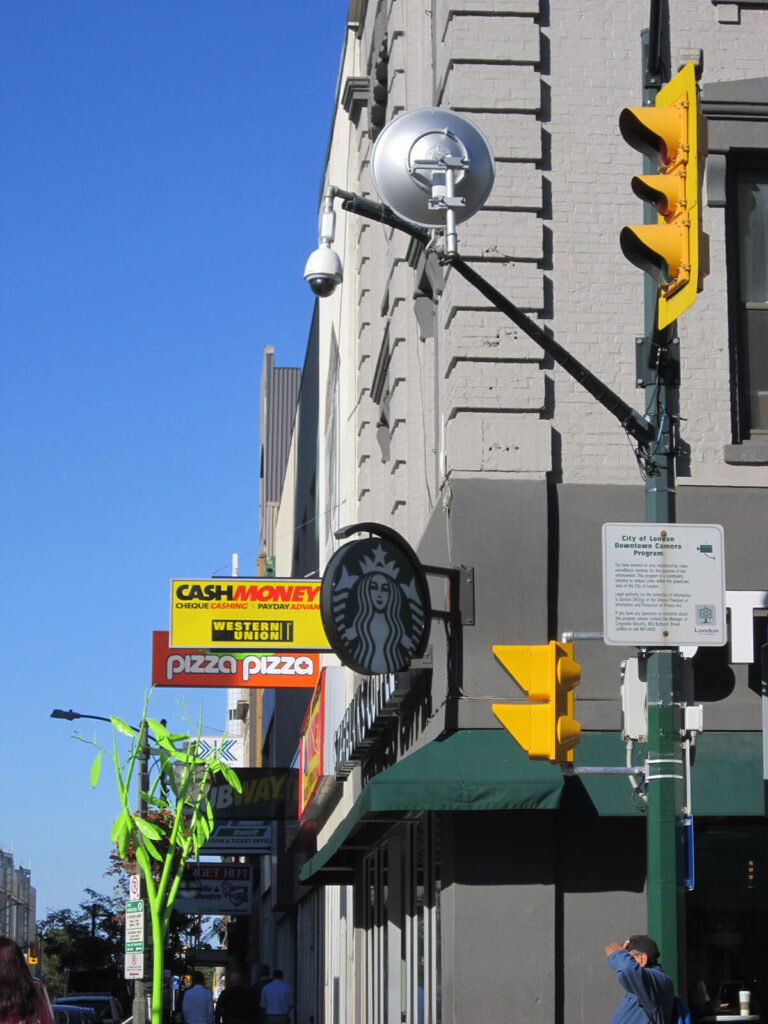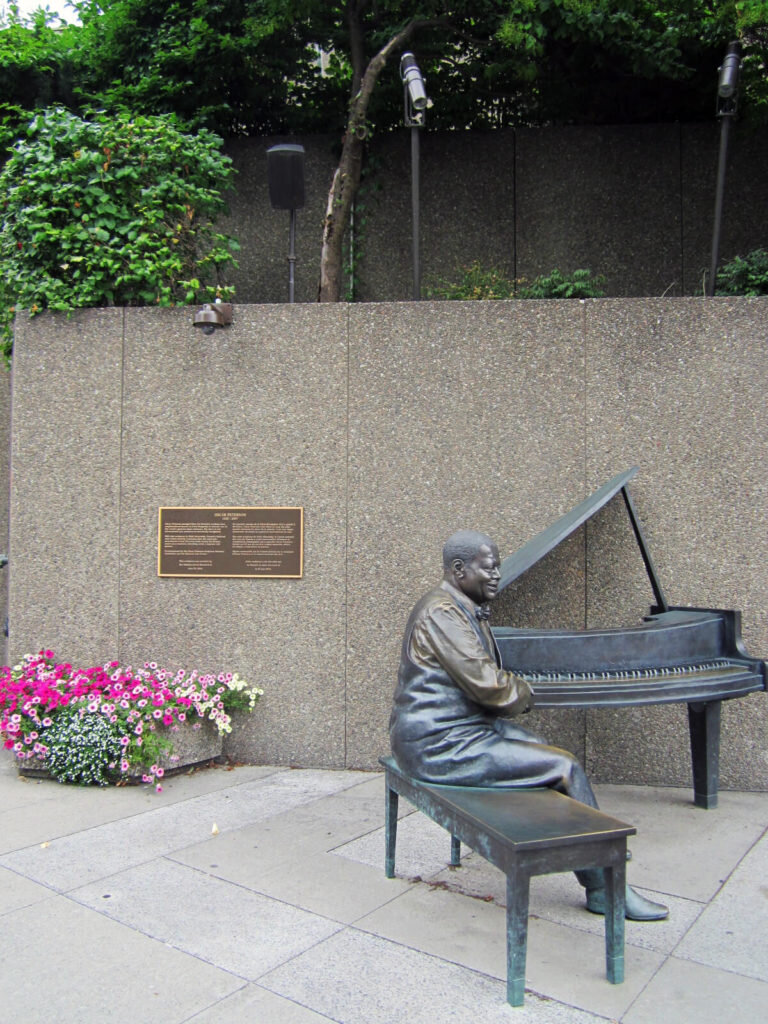PHOTO ESSAY
Remote Viewing—Cat schick
A series of photographs prompting us to rethink the overuse of surveillance camera and its implication
Venice
Venice
Venice
Vegas
Zurich
London
Ottawa
Ottawa
Barcelona
Next time you’re out shopping or going to work, look up to see how many hidden cameras you can spot. Fear of crime and more affordable video technology is making constant public surveillance a widespread fact of life in the city. Do the ubiquitous cameras make you feel safer, or do you wonder who is watching you and why? Are you concerned about privacy, or do you think blanket surveillance is acceptable for security reasons? How do you feel about your every move being monitored at work, school or church, from where you shop to whom you meet for a date?
We need to think about how the overuse—and abuse—of unlimited, uncontrolled, unquestioned surveillance impacts our quality of life and has a chilling effect on the character of our public spaces. The American Civil Liberties Union (ACLU) states that video surveillance has not been proven to be effective in deterring crime or terrorism, is prone to personal, institutional or criminal abuse, and lacks laws to prevent privacy invasion or discriminatory targeting. *
This series will hopefully prompt you to think about how the overuse of surveillance cameras diminishes the traditional democratic rights to privacy, free speech, and free association. I started to notice the frequency of CCTV cameras on Calgary streets in 2008 while I was out shooting photos. My practice is primarily street photography, which I have come to realize is akin to public surveillance, albeit more subjective and not at all institutional. Unlike the hidden cameras, I try to avoid photographing people on the street, although people sometimes appear in my images through happenstance.
All Images: Courtesy of the artist.
*https://www.aclu.org/other/whats-wrong-public-video-surveillance
Cat Schick is a visual artist working in photography but also in community engagement, installation and public art actions. Based in Calgary, Canada, her interests lie in surveillance/privacy issues, perception of women in the urban context, as well as in how people live in cities and communicate with one another, nature in the urban environment











